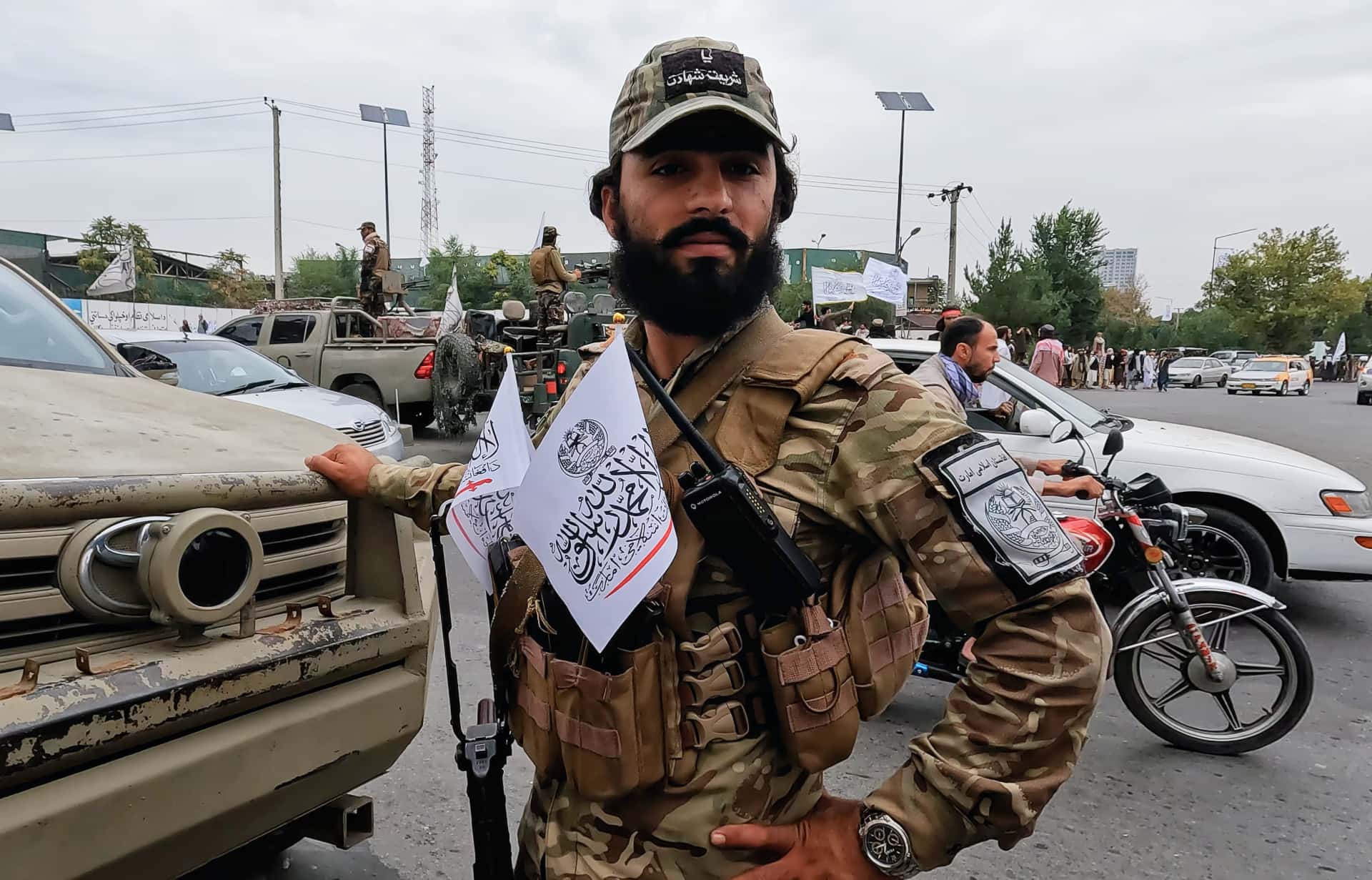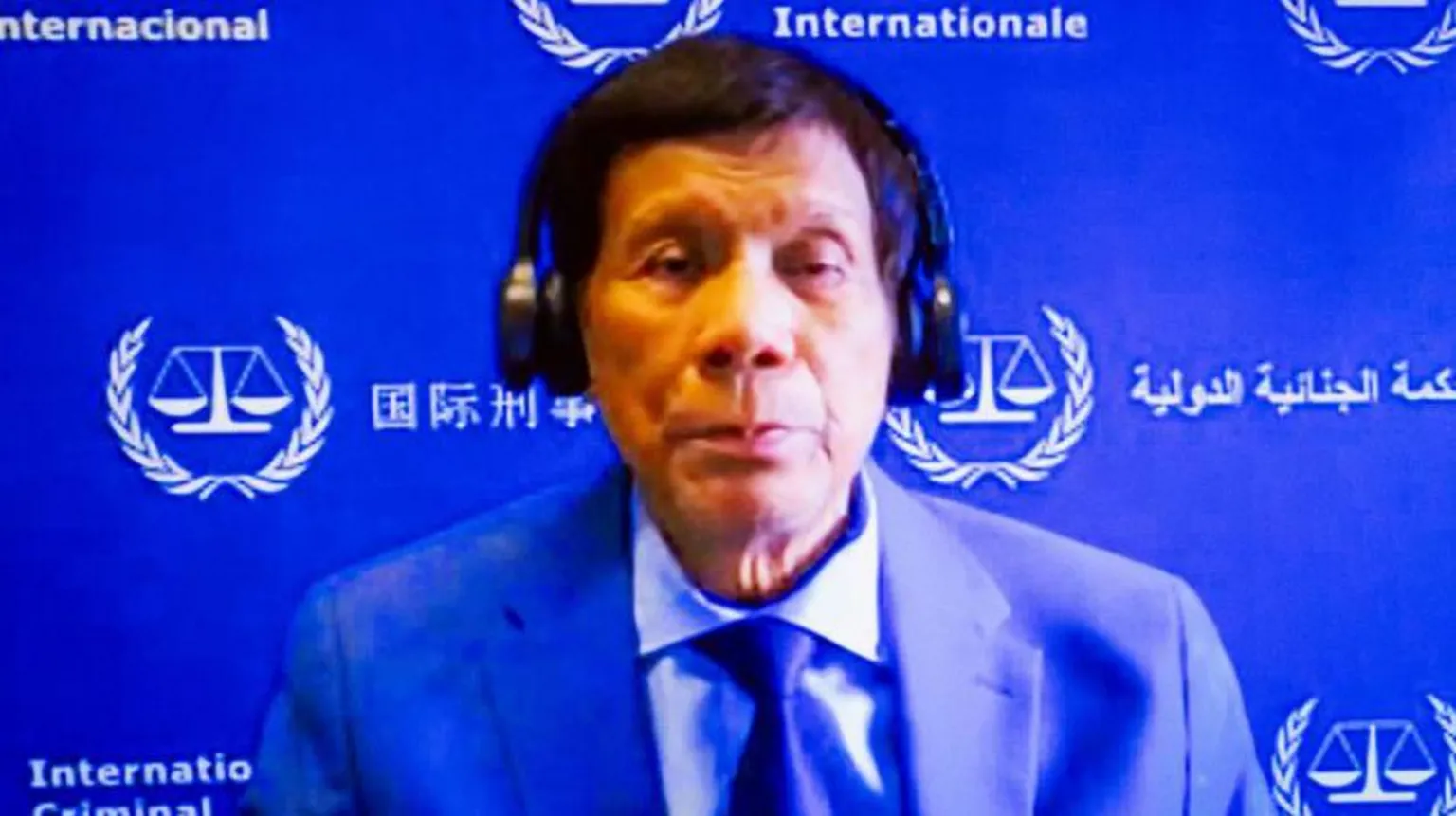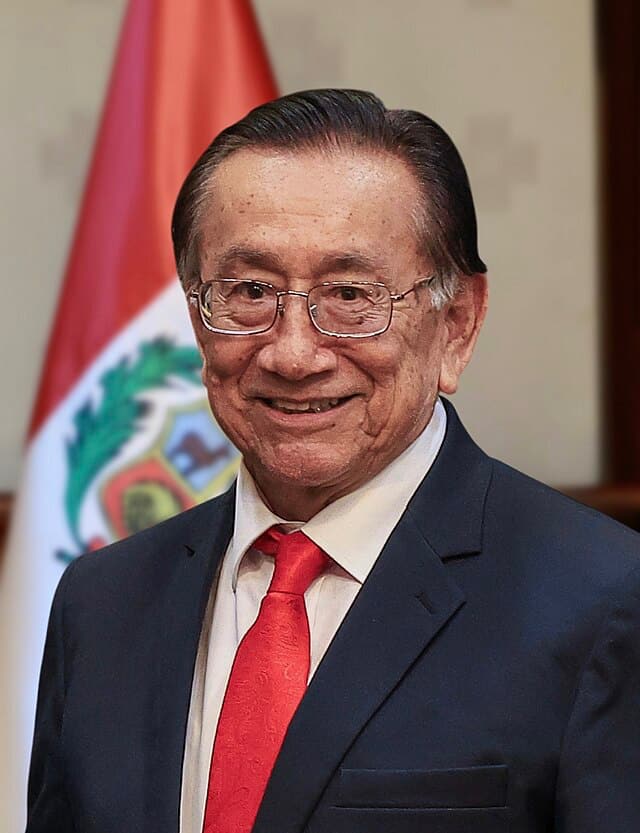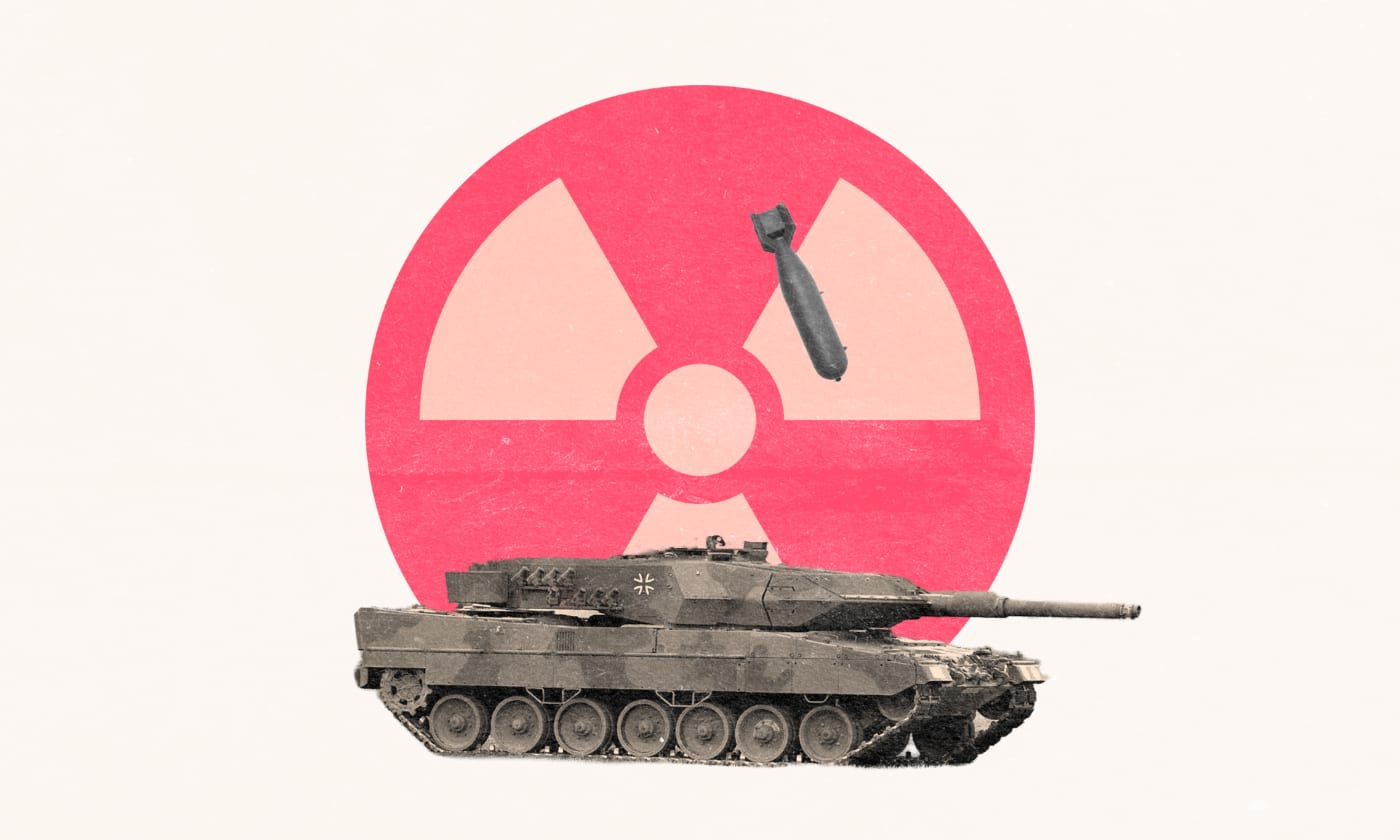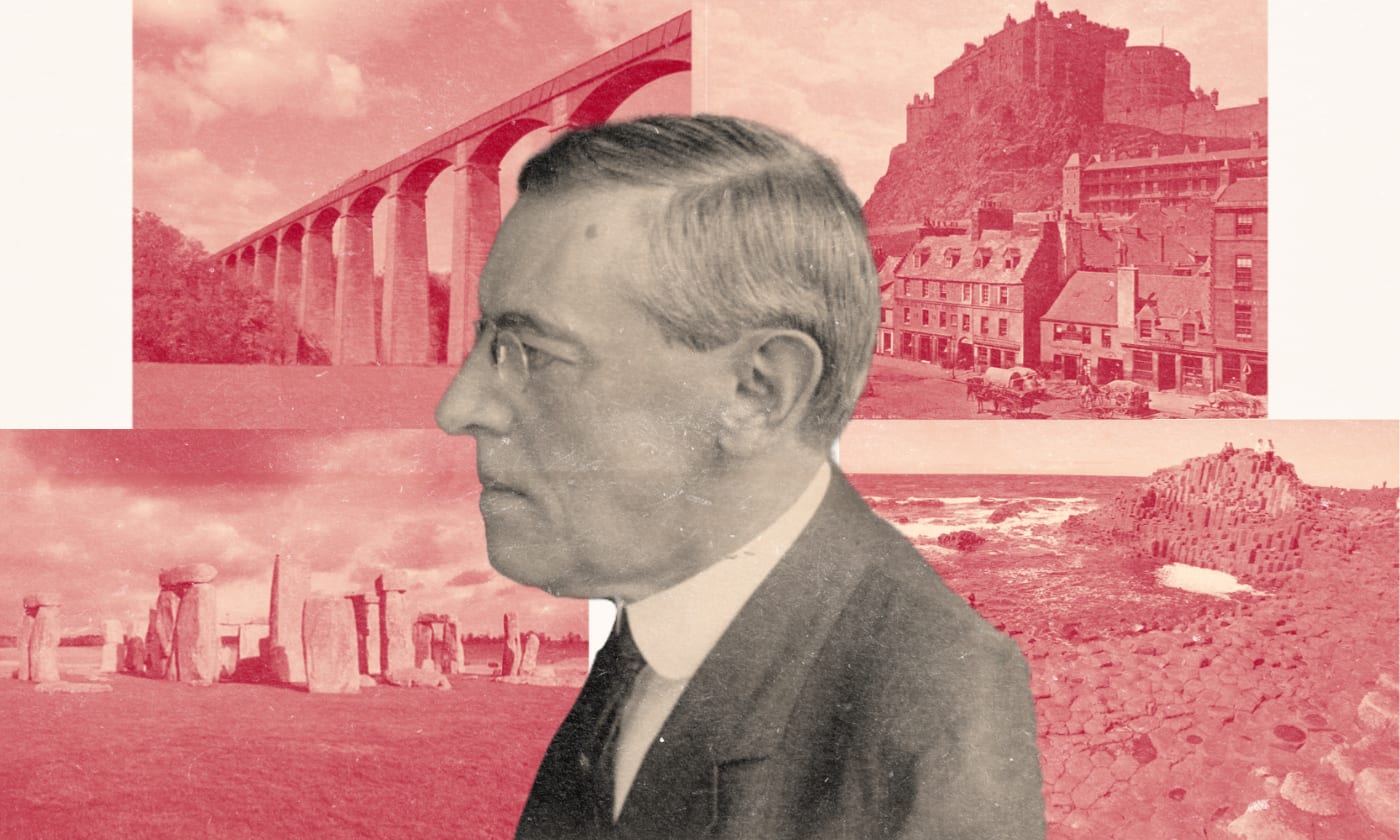Rethinking Nuclear Deterrence: Geopolitical Bravado or Our Obligation Towards Peace?
Might a shift towards proactive anti-nuclear strategies become the key to future global security, given Putin's revival of Cold War threats?
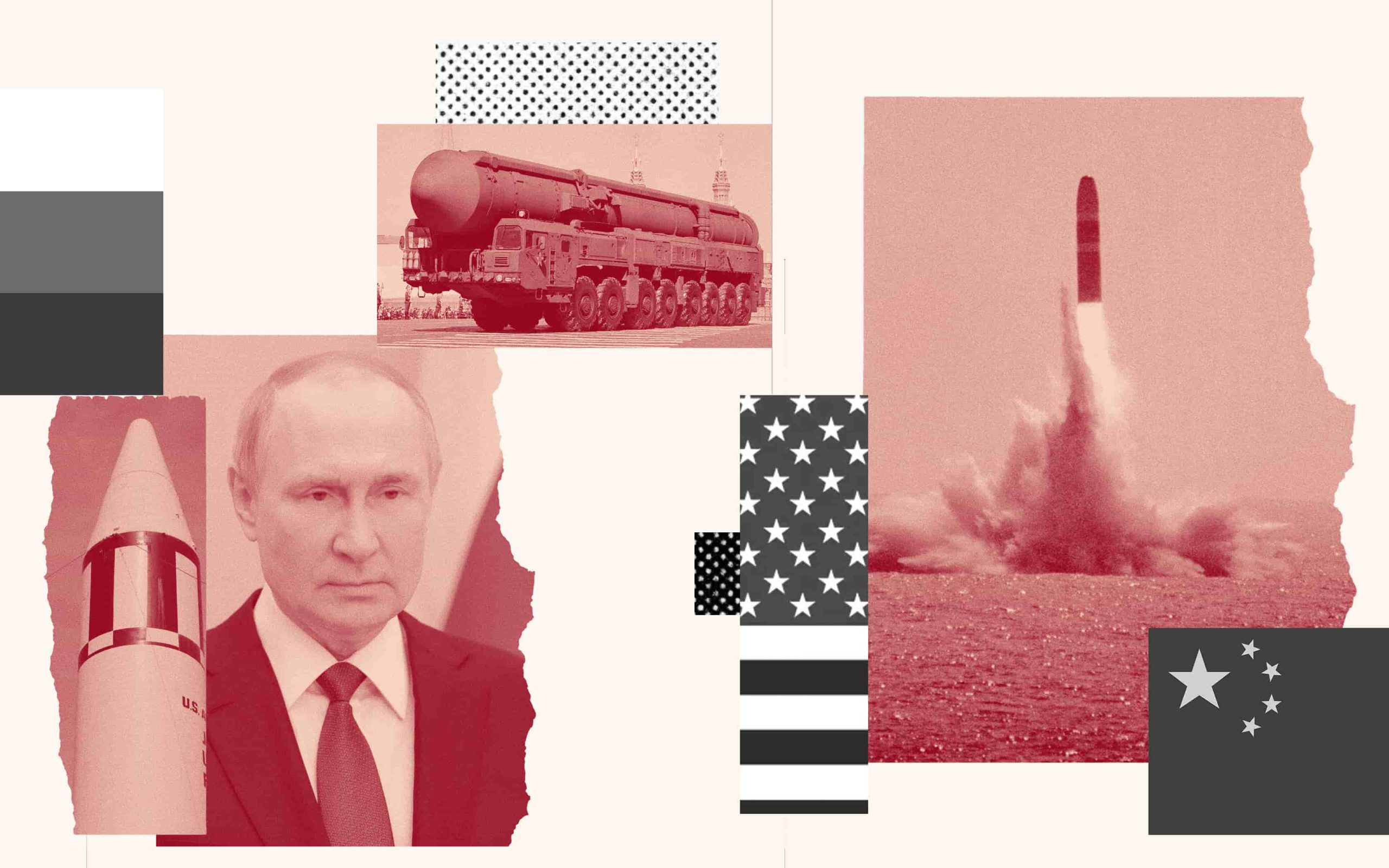
Nuclear Threats: Past and Present
Every historical curiosity is borne out of a rhetorical question that challenges the accepted narratives of the past. The history we are taught is often presented as simplified stories with humanity at the existential core.
Yet, history is actually moulded by successive generations. With Vladimir Putin ordering Russia’s Strategic Rocket Forces to perform battle readiness drills with live nuclear weapons on Ukraine’s border, the spectre of nuclear war has returned in a starkly real manner.
Indeed, Putin’s aggressive rhetoric — threatening nuclear war — eerily mirrors Nikita Khrushchev’s posture during the Cuban Missile Crisis of 1962. History, it appears, has its echoes.
A sobering consensus emerged among Cold War powers in 1972 when President Carter and General Secretary Brezhnev signed the SALT II Treaty. They realised a chilling truth: if the Cold War were to break into a fully blown war, there would be no victors, only casualties.
This ethos guided Reagan and Gorbachev, encouraging them to uphold the commitments of the SALT II Treaty by demilitarising and decommissioning their respective nuclear arsenals. No geopolitical chest-thumping, disguised as a grand foreign policy, justifies risking human extinction. As a millennial, reflecting on a world sculpted before my birth, I am left wondering: why do nuclear weapons still exist when their endgame is an absolute and zero-sum devastation?
Raising another rhetorical query, one might ask if it’s valid to view Khrushchev and Putin as historical equals. Khrushchev, after all, led a potent, self-assured, and supranational power at a time when Moscow stood for something.
In contrast, Putin’s conflict in Ukraine has not only unveiled the real state of the Russian Federation but also exposed how Russia’s kleptocratic oligarchy now funds geopolitical vanity projects in pursuit of a distorted history. It should hardly surprise us then, to realise that Russia has been deceiving us since Putin took the reins from Boris Yeltsin in 1999.
If “international urban legends” exist, Putin’s Russia could be a prime example. Many anticipated Russia’s military prowess to shine on the battlefield during Moscow’s “special military operation” against Ukraine. The reality of Russian pilots using taped GPS devices in their ageing Cold War-era cockpits would stretch even Tom Clancy’s imaginative limits.
As Putin becomes increasingly desperate, cornered, and isolated, what assurances can the United States offer to the world to demonstrate that Russia can be prevented from initiating nuclear war? Why has our society failed to progress beyond traditional nuclear deterrence principles?
The persistent stockpiling of nuclear ordinances is perilous for citizens hopeful for a future free from nuclear weapons. Instead of developing deadlier and more efficient nuclear devices that can already obliterate our planet several times over, shouldn’t we explore alternatives, such as anti-nuclear weapons, that could prevent nuclear war?
How can we improve our ability to destroy nuclear missiles before they deliver their payloads in outer space, thereby avoiding any fallout on Earth? Could we employ quantum hacking, directed by artificial intelligence, to control hostile launch sites when nuclear weapons become activated?
Why hasn’t the federal government committed to a policy of dismantling and recycling a set number of nuclear weapons each year for the sake of world peace?
World powers like the United States must champion nuclear disarmament, setting the precedent for others to follow. Much like our goals for net-zero carbon emissions, a similar target should be set for achieving net-zero nuclear weapons.
When the idea of a Space Force, first proposed by General Bernard Schriever, was realised under the Trump administration, it was thought that America’s national security interests would be redefined from outer space. But perhaps American security would be better ensured by a Nuclear Arms Reduction Bureau, operating under the Pentagon’s oversight, tasked with curbing nuclear war and proliferation from within the federal government.
Picture a world where future national security objectives include dismantling and demilitarising a specific number of nuclear weapons annually. Is this vision feasible, or simply a fanciful impossibility?


